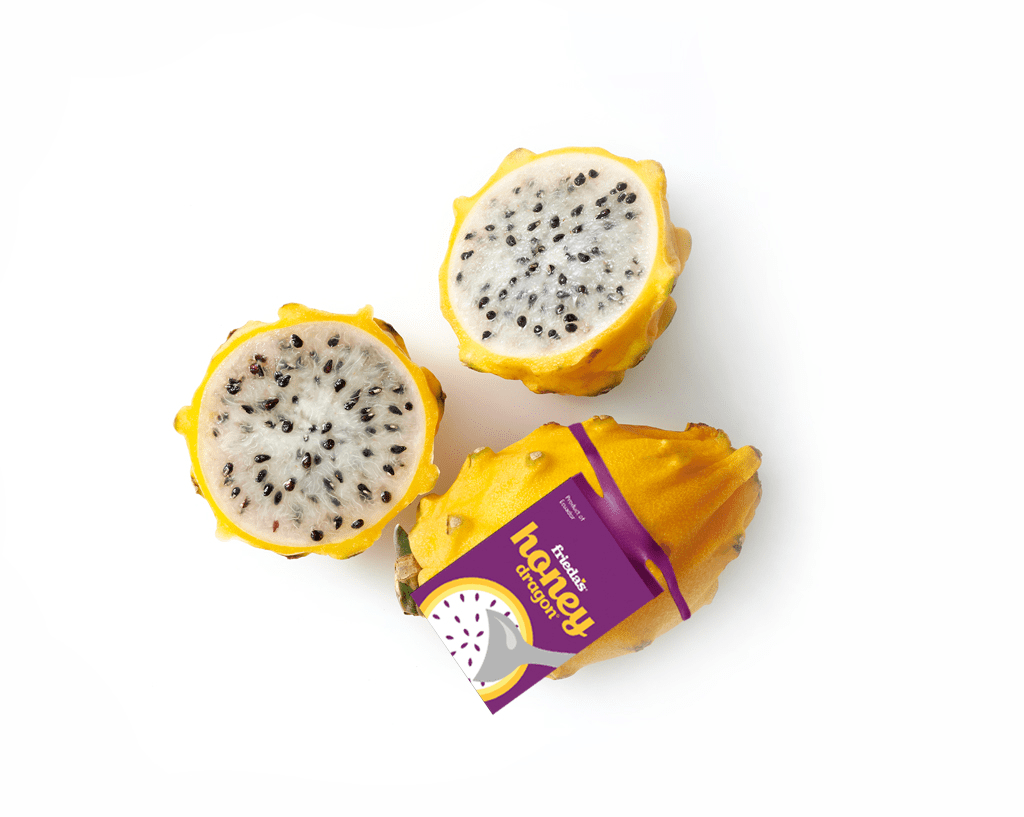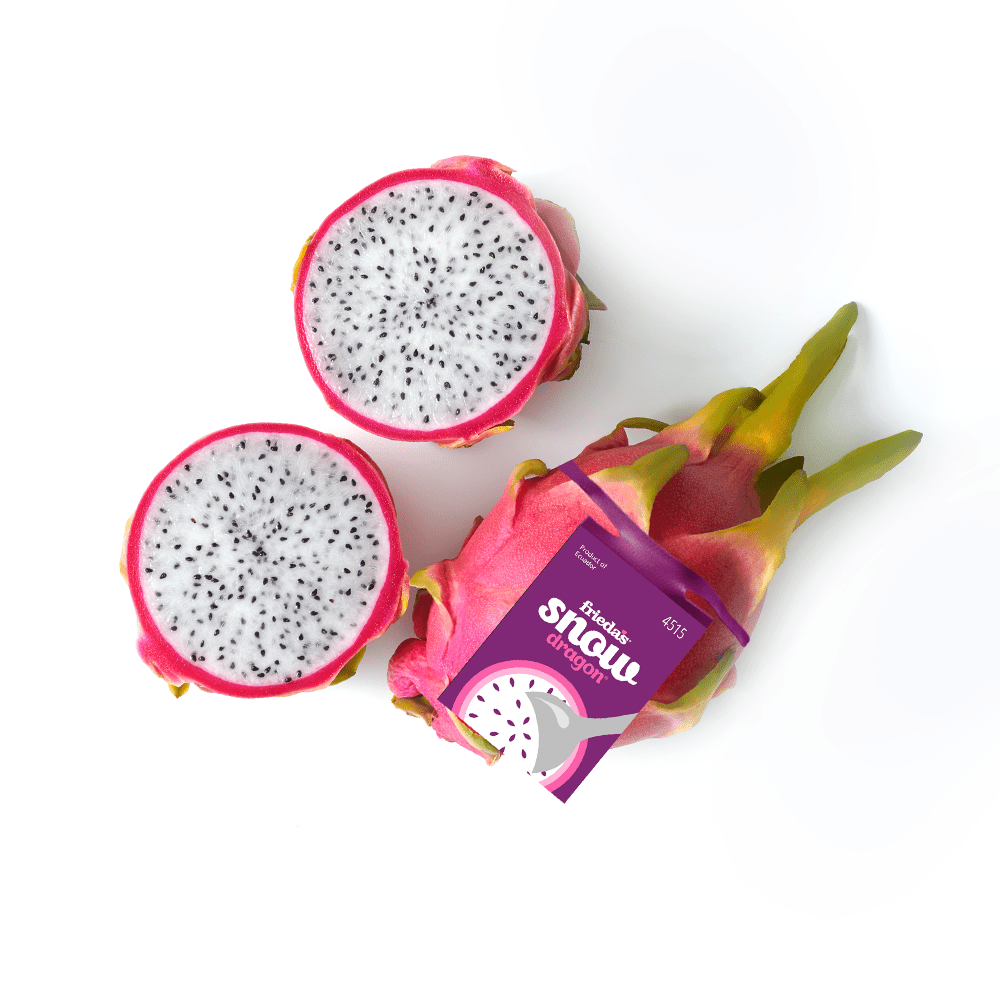One of the speakers at our daylong business conference in Omaha last week did not talk about corporations or investments. He talked about high performance, stress management, better eating choices, and getting a good night’s sleep.
Actually, when Andrew Herr got up in front of the room, I thought he resembled Christopher Reeve, aka Superman and Clark Kent.
Little did I know that the results of his research about high performance and stress management could indeed allow people to increase their personal performance to a Superman-like level. You can read about his work in Wired magazine and Ivy Magazine. As you’ll see, he’s a pretty remarkable guy—especially since he is only 33!
But what piqued my interest most was his discussion of the blue light effect on our ability to get a good night’s sleep. Andrew said it’s the blue light from the sky (after the sun comes up), which actually causes us to know it’s time to wake up. So when the sun goes down, it is only natural (with the absence of blue light) that we start to think about going to sleep. But since the advent of smart phones and our tendency to check them almost continuously, they may cause difficulty in falling asleep and having a restful night’s sleep.
Enter: Orange-tinted glasses.
Andrew told our group that these $10 plastic glasses, if worn for a period of time before going to bed, actually block out the blue light (from regular light bulbs in our houses and from our smart phones and computer screens), thus signaling to our brains that it’s time to wind down.
The way he explained it to me was:
“Blue light, which comes from our overhead lights, phones, TVs, etc., tells our body to stay awake. We have special receptors in our eyes that our body uses to tune our circadian rhythm, our day/night clock, and blue light activates these to prevent melatonin production.
“Melatonin is a natural hormone that tells our brain it’s time to go to sleep. It may also have other benefits as an anti-inflammatory compound. So, when you wear the orange glasses, it blocks the blue light. Then your body starts producing melatonin naturally, and you fall asleep more easily and sleep better. Because we start to get drowsy naturally from the melatonin, hopefully this also prevents us from playing on our phones too long and keeping our brains alert and expectant too late, which also can disrupt sleep. So, overall, wearing the orange glasses for 90 minutes (at least 60, or you can wear them for a couple hours also) before you go to sleep should make falling asleep easier and the sleep more restful.”
I did a little research online when I got home and found an article in Popular Science magazine sharing the experiment done by a neuroscientist. I found it fascinating.
So, if you’re one of those people who has a hard time falling asleep at night or you wake up in the morning not feeling very rested, you may want to order a pair of these orange-tinted glasses and try them for yourself. (I found a wide range of orange-tinted glasses on Amazon. Search for “blue blocking glasses.”)
Andrew was kind enough to give me a pair before we left Omaha, and I have been wearing them every night since I got home. Funny thing, I have been waking up before my alarm goes off, feeling very rested each day. Not sure if it’s the effects of the glasses or that my body is so happy to be home, sleeping in my own bed.
If you try them out, be sure to let me know how they work for you!
Karen















